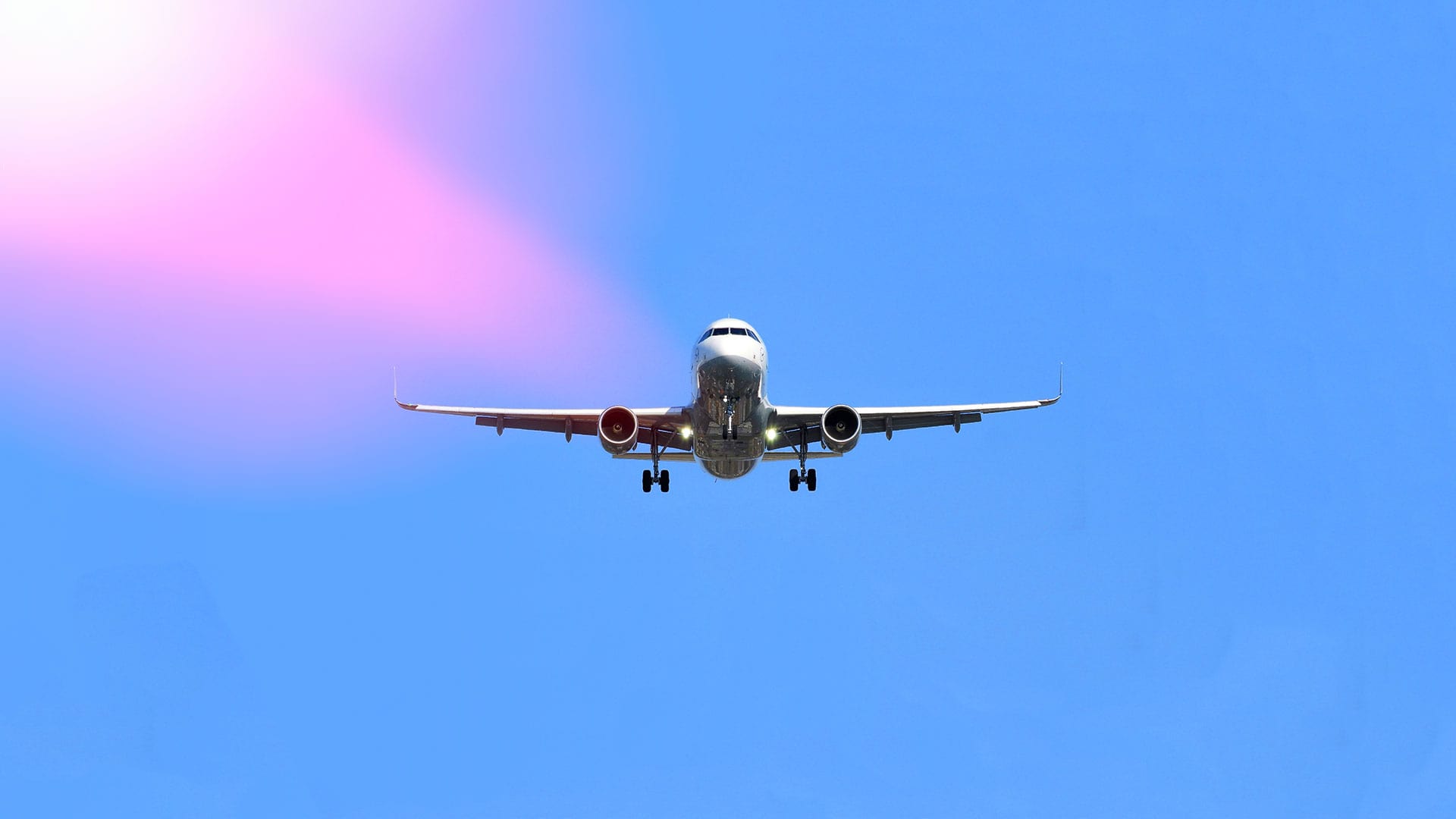
Low demand caused by the COVID-19 pandemic has forced all airlines to resize their fleet and flight operations. As a result some airlines sent their aircraft to storage sites or retired them, according to an article posted by an aviation blogger.
Lufthansa Group, for example, was quick to reduce its fleet as demand plummeted. Their A340-600 fleet will be temporarily decommissioned as well as six Airbus A380s and five Boeing 747-400s.
The news that an additional ten Airbus A320s are planned to be phased out in the short haul segment operated by Eurowings was followed by a long queue of airlines cutting fleets down to size. KLM, Air France, Virgin Atlantic, IAG Group, American Airlines, Delta, Air Canada, Singapore and others – famous names all – announced plans to decommission some dearly loved icons of the sky.
Planes such as the Boeing 747 and Airbus A380 were due to be phased out from global airline fleets in favour of twin-engine aircraft in any case for simple reasons of efficiency but there is no doubt that the crisis has brought forward the timing of their demise.
Plane spotters will no doubt be in a frenzy to escape the confines of their solitary confinement in order to tearfully jot down the numbers of their favourite planes before they are retired!
American Airlines, for example, will be speeding up the retirement of its aging Boeing 767-300ER wide-body aircraft. With only 16 left in its fleet, according to planespotters.net, the Boeing 767 was retired in April.
The iconic Boeing 747 will be sorely missed. The Boeing 747-400 is being retired from fleets across the globe, with Qantas aiming to retire its Boeing 747s within the year and British Airways within the next few years. US airlines Delta and United both retired their Boeing 747 fleets in the past three years.
According to Forbes, meanwhile, the A380 is an easy target. Capacity ramp-ups later this year will be gradual and not initially require the A380, the world’s largest passenger aircraft. There is less risk from flying too little than flying too much.
Lufthansa planned to remove six A380s in 2022, but will bring that forward to this year. Air France aimed to retire all 10 of its A380s by 2023, and could retire them earlier, according to various local reports. It is costly to store an aircraft for the short-term. There are parking charges and fees for maintenance work required at least once a week.
The COVID19 pandemic also provides a unique opportunity for the industry to reset to a more sustainable model that meets the demands of the climate emergency.
Robert Hall, Executive Director of Resilience First said: “The aviation industry is now facing some major decisions about the way forward. The current crisis, with airline operating levels slashed in some cases to almost zero and some airports closed, does present the entire industry with an opportunity to rethink its operating model and make sure that it is investing in technologies that can enable it to meet emissions targets and create a sustainable future for itself.
“Our recent major report into the resilience of UK airports found that the agility of airports to adapt to both long-term strategic changes and short-term operational shocks is critical in sustaining their competitive advantage and business prosperity. The COVID19 lockdown present both a massive short-term shock and most likely unprecedented long-term strategic change.”
David Huttner, Commercial Aviation lead for PA Consulting, said: “COVID19 is having an unprecedented impact on the aviation industry. Countries that cover 98% of commercial air passenger revenues have restricted travel and the in-service fleet now represents just over one third of the global inventory of aircraft. We believe there has been a reset in the industry and the total numbers will be lower for some time with sustained capacity reductions of at least 10% or 20%.
“Significant effort is being made to use a range of emergency measures to reduce costs and improve efficiency permanently as airlines seek to exit from the crisis. Not all airlines will make it through the months ahead with significant failures due to administration, liquidation and consolidation likely to occur.
“Corporate travel budgets are likely to be cut as CFOs try to preserve cash and retain liquidity. Airlines may need to re-evaluate their business models and recognise the reduction in demand due to both cost and new work practices.”
The question is will the Aviation industry see less carriers and smaller fleet sizes for the ones that survive for a couple of years (2020-2022/3) while they recover and in turn will that see less premium in the aviation re/insurance market?
Going forward some airlines will no doubt be considering M&A and consolidation opportunities. The leading airline groups will be reviewing options, including potential divestitures and the sale or purchase of minority equity stakes. Airlines and their insurers should also prepare for ramping up, once airports and countries reopen. Existing players need to be vigilant of new carriers entering the market, perhaps with new business ethics.
As Boston Consulting Group recently noted, these are turbulent times for airlines, yet the industry’s response so far has been nothing short of impressive. Companies that take a data-driven, action-oriented, and digitally supported approach will have the best chance to emerge stronger from the COVID-19 crisis.

Related Articles
Aviation
Aviation
Aviation